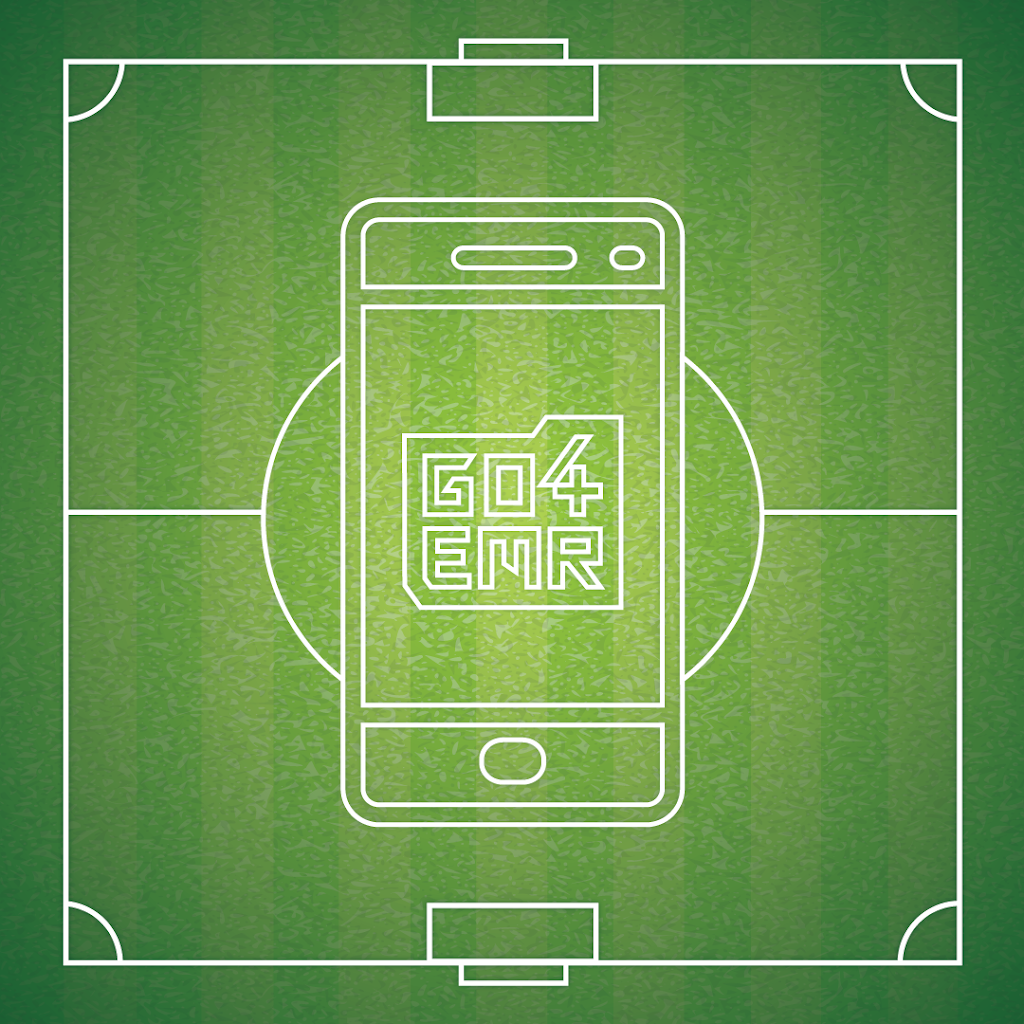10 Practice Emergency Scenarios for Athletic Trainers

10 Practice Emergency Scenarios for Athletic Trainers
One of our favorite blogs from last year, and the perfect resource for every athletic trainer kicking-off preseason or preparing for the school year. Check out these 10 Emergency Scenarios to Practice to get you prepared for every situation.
Whether you’re an athletic trainer working independently on a per diem job, one of hundreds of medical professionals covering a marathon, or just trying to do the best you can at your school, being prepared is the first step to providing high quality healthcare.
In each of the 10 Emergency Scenarios to Practice for Athletic Trainers, consider the resources (personnel, equipment, space, time) that YOU have available, best next steps, and factors or information that would influence or change your thought process. Then, PRACTICE each.
Focus: Cardiac
You are covering a high school softball game when a woman starts screaming in the stands for help. “My husband just collapsed! Please, someone!” You run over to assess the situation. As you arrive the woman shares “he was shaking his arm out and then grabbed at his chest before he just collapsed!”
Focus: Diabetic Emergency
You are covering an early morning field hockey practice in the middle of August. Practice is nearing the end and you notice one of the new freshmen doesn’t quite look right. You go up to her during a break in the action and she tells you she feels weak and her vision is a little blurry. You also notice that she is a little shaky and anxious. You remember from pre-participation screenings that this athlete is diabetic.
Focus: C-Spine
You are working a club ice hockey game at your university. A member from the opposing team is pursuing the puck into the corner and gets bumped and goes into the boards head first. Since the opposing team did not travel with an AT, you go out to assess. He is prone on the ice up against boards and has not moved. He is alert and tells you he is having a hard time moving his legs to get up.
Focus: Fracture (Open)
You are covering a wrestling meet for your coworker who is out with the flu. You enjoy the fast paced nature of sport and are amazed by the determination of the competitors. One athlete is attempting to prevent the other from escaping by grasping her arm. As the other athlete attempts to break free, she rotates her body away and her arm follows. Simultaneously they fall to the mat. You hear a crack and immediately see the athlete’s arm has been fractured. There is a wound and part of the bone is now exposed.
Focus: Exertional Sickling
You are working per diem at a Men’s Basketball college showcase in Denver, CO. There are top prospects from all across the country and the competition is intense. During a particularly intense drill, you notice a player constantly stretching out his calves looking increasingly distressed. As you continue to watch, he leans against the wall under the basket and slumps to the ground. When you get over to him he tells you he is having severe leg cramps in both legs, but the muscles feel normal upon palpation. He is able to speak, though he is breathing rapidly, and you learn that he is from the Washington, DC area and he flew in today and came right to the showcase.
Focus: Cold Illness
You are excited the high school you work at is hosting the spring district cross country championship; however, an unexpected storm has rolled in.You are positioned at the finish line. A colleague is on a golf cart roving the course. The event is underway and relatively uneventful from a medical standpoint. As the final race begins to conclude, a parent with a coach approaches you asking if you have seen her son. You inform the parent all participants who have finished are at their team areas. You then radio to your colleague on the course for assistance. The athlete is found sitting off course in a muddy puddle with his arms wrapped around his knees hugging them to his chest. His lips are a purply/blue and through chattering teeth tells you he got lost and hurt his ankle.
Focus: Heat Exposure
You are working in a large warehouse providing daily support to the employees of Really Big Box shipping. There is no air conditioning in the main warehouse, only in the upstairs offices. The garage doors have rolled up to encourage a breeze, but there isn’t much of one. It is 97 degrees Fahrenheit outside. An employee approaches you- “I don’t feel very good. I think I’m going to be sick. My vision is getting a little spotty.” You notice he is sweating profusely.
Focus: Heat Stroke
You are in Orlando supporting a large youth football tournament. Teams from all over the country are represented. You are radioed to a field that is a five minute golf cart drive away. “Dispatch to AT1- we just had a kid pass out. He’s breathing but something is wrong. He isn’t waking back up. Field 12”
Focus: Hyponatremia
You’re working the medical tent at mile 20 of your city’s annual marathon in April. A runner stumbles into the tent mumbling he isn’t feeling well. He says he has been very diligent with hydration and nutrition. His running partner has stopped to accompany him, telling you he became dehydrated when he ran two years ago and agrees he has been very diligent with hydration this time around. “I have no clue what’s going on with him. Can you help?”
Focus: Lightning
A high school baseball team is practicing after school at their outdoor practice field which is a 15 minute van ride away from the main sporting complex. The practice field is a simple field with a small equipment storage shed. You have been monitoring the weather since the morning as afternoon thunderstorms are common in the summer. The team is 75 minutes into practice when you notice the storm with possible lightning and thunder is 20 miles away and headed your direction quickly. You respectfully inform the coach that practice will likely be impacted very soon. He assures you he knows what he’s doing, can read the weather just fine and needs the remaining time to prepare for Friday’s big game. Within 60 seconds of the conversation, a clap of thunder is heard and rain begins to pour.
If you liked these 10 Emergency Scenarios to Practice for Athletic Trainers, share it with a friend.
Are you an Athletic Trainer?
Join us!
From per diem shifts to full-time opportunities, AT resources, PLI, a free EMR and more, Go4 is the essential AT app. Sign up now!
"*" indicates required fields
Other articles you might like

What’s the deal with Standing Orders?
How do I get standing orders as an athletic trainer? Q: What are standing orders? A: Standing orders, aka medical protocols, establish the scope of practice for an athletic trainer. Under the direction of a physician, they are an overview of the specific skills that the AT is legally able…

AT Spotlight: Thomas Obergefell, Athletic Training from the Dugout
Name: Thomas Obergefell, MS, ATC, LAT Nickname: T.J. Alma…

Middle School / High School / College / Any School EMR – The Importance of Documentation
Go4’s in-app Electronic Medical Record We all know the reasons why it’s important to thoroughly document, but incase you forgot, here they are:…